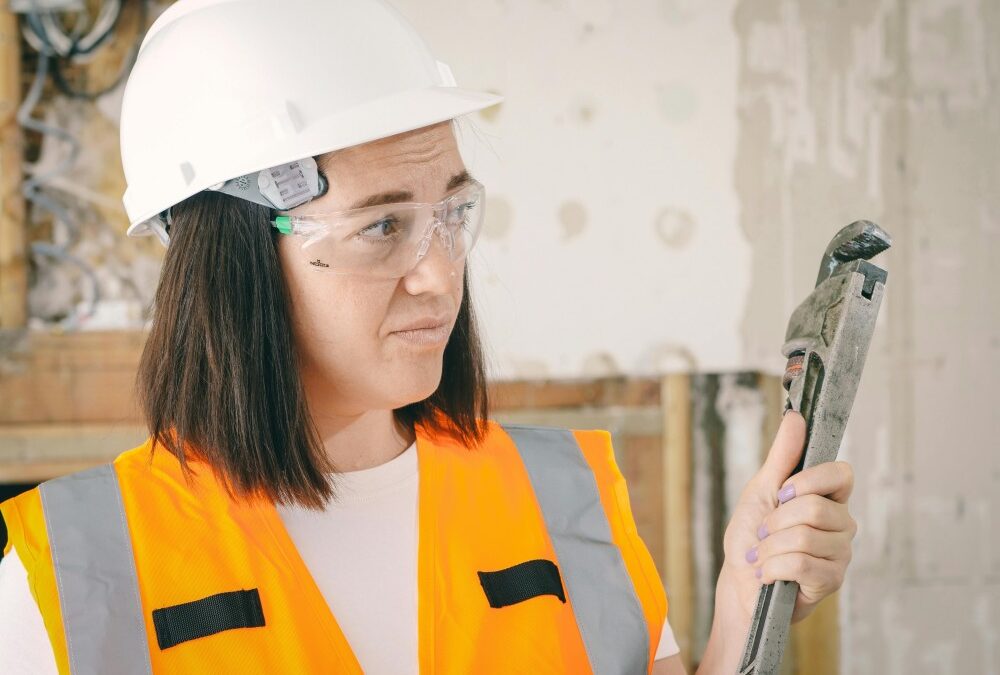The pressures for manufacturing industries to cut down on their impacts on the environment have recently received a much-needed push. Conventional turning and threading operations are time-consuming, utilizing large amounts of energy, materials, pertinent wastes, and the expulsion of gases that affect the environment. There are fewer harmful ways that can be used to tap pipes so as to avoid these negative impacts and, at the same time, increase the efficiency and quality of the product. When using pipe taps in manufacturing, it is possible to select environmentally friendly procedures that may help the firm reduce energy costs and minimize the usage of materials that are wasteful in the production process.
Reducing Material Waste
Reducing material waste is one of the major problems in metal working as it is evident that some amount of material is bound to be wasted in the process. This is due to poor threading, worn cutting tools, and wrong orientation of the process, which results in a high scrap rate. From such an argument, it can be clearly deduced that sustainable methods initiated for pipe taps mean more precision and less supplemental material for the same threading. One way advanced tap designs are useful is if they are coated taps or if they are a high-performance carbide type, which means that there will be less need for tools’ replacement, thus saving on wastage.
Energy Efficiency in Tapping Processes
Traditional machining processes are known to be rather energy-intensive, especially in industries where the production is on a large scale. There are certain sustainable tapping techniques that use technological aspects such as Computer Numerical Control (CNC) and feed rates, among others, in an effort to colonize efficiency while making minimal use of power. Also, multifunctional lubricants and coatings of the pipe taps minimize heat and friction so that less energy is used when threading operations are being carried out. All these factors, in totality, make a positive impact on the emission of carbon and the overall environmentally friendly method of production.
Eco-Friendly Lubricants and Coolants
Improper selection of cutting fluids is not advantageous for performance and is unsuitable for sustainability. It is a method of disposing of lubricants that are possibly hazardous to water sources and soil as well as the general environment in the broad sense of the term. Such a shift enhances the environmental friendliness of manufacturing, and it directly affects the choice of cutting fluids because it is essential for firms to avoid hazardous and toxic substances. These are environmentally friendly lubricants that increase the lifespan of pipe taps, and at the same time, the waste fluids are not destructive to the environment.
Recycling and Reusing Materials
It is also important to reuse metal shavings and other tools used in the pipe-tapping process. Most industries in modern production have adopted closed-loop recycling ability, which means metals that are produced during tapping are collected, re-melted, and reused for production. Old pipe taps that have worn out can be further refurbished for use; this means the extraction of raw materials is also reduced in this case, thus curtailing industrial waste.
Reducing Air and Water Pollution
Businesses that use old tapping techniques give off carbon dioxide and effluents as well as polluted water through the discharge of wastes. Some of the sustainable pipe-tapping practices are improved filtration systems, good management of coolant, and sleeker tool coverings that reduce emissions. Due to these methods, different industries are able to ensure that they lessen the harm that they cause to the environment by emitting fewer gases and polluting sources of water.
Compliance with Environmental Regulations
Since governments across the world are putting in place measures and policies that check on pollutants industries, es Similarly, they have to work towards embracing sustainable solutions. Pipe taps and machining procedures may be maintained sustainably so as to meet the required legal requirements and avoid penalties and lawsuits. Organizations that manage to adopt environmentally friendly practices in advance also meet legislation’s requirements and boost the image of a socially responsible company among the manufacturers.
Conclusion
It is now important for pipe-taping practices in the manufacturing processes to take a friendly stand with the environment. This success is achievable through the reduction of material wastes, efficient and proper use of energy, use of environmentally friendly lubricants, and recycling of most of the resources used in the manufacture of the products. The use of these measures while empowering businesses adds value to the overall improvement of the environment in diverse ways and thus is cost-effective for the industry in embracing environmental sustainability.









